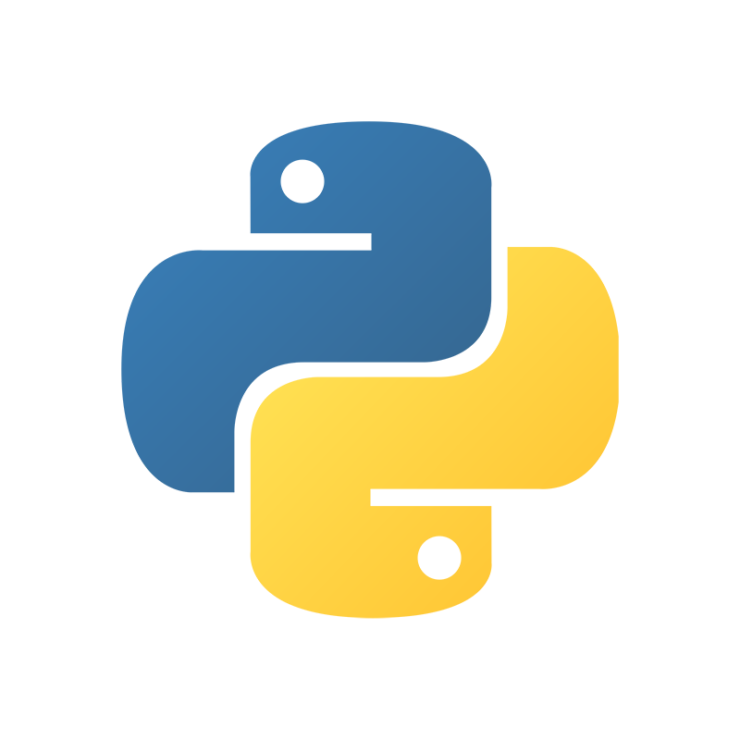
Entry level course Python in four days
This entry level course in Python is specifically tailored to humanities teachers, researchers, and students who want to learn the basics of this popular programming language. After the course, participants will be able to write simple programs using the most common structures. Led by the scientific developers of the CDH Research Software Lab, this hands-on training
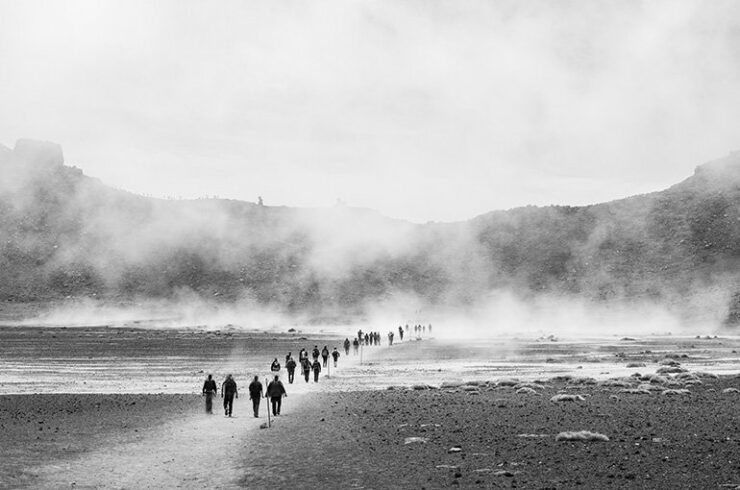
Research Software Lab collaborates on new interactive platform for researching historical Jewish migration data
To further map the mechanisms and underlying structures of Jewish migration in Europe, the new project ‘Interactive Geo-Spatial Platform for Modelling Jewish Historical Migration’ has been launched. This project has been awarded a FAIR IT Grant. Professor of Late Antiquity Leonard Rutgers, master’s student Stefan Dingemans and developer Tijmen Baarda (Centre for Digital Humanities) will together shape the new
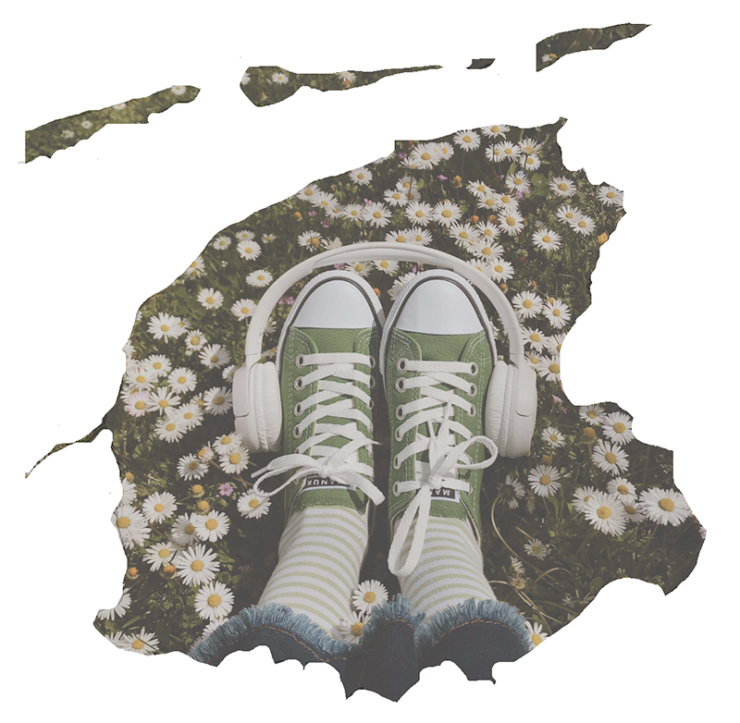
Launch of the Frisian dialects project
The Digital Humanities Lab, together with a group of researchers from Utrecht University and Fryske Akademy, launched the Frisian dialects application to collect Frisian language data in an online experiment in the form of a game. The Frisian dialects application, built by developer Ben Bonfil, tests the knowledge of language variation within Frisia (Northern part
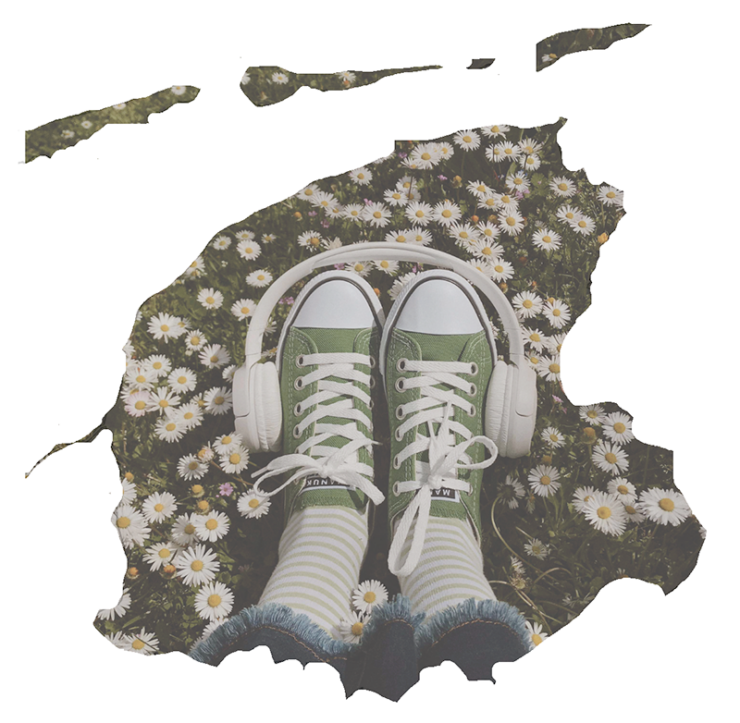
Frisian dialects project
The Frisian dialects projects is a tool to collect Frisian language data in an online experiment in the form of a game.

Now online: Database with Dutch dialect idioms
The Digital Humanities Lab relaunches the ‘Dutch Dialect Idioms’ database, developed by linguists from Utrecht University and KU Leuven. This is a renewed version of an online database of idioms in 13 Dutch dialects. Idioms are special, linguistically speaking, because they have a meaning that does not follow from their parts: when someone ‘kicked the
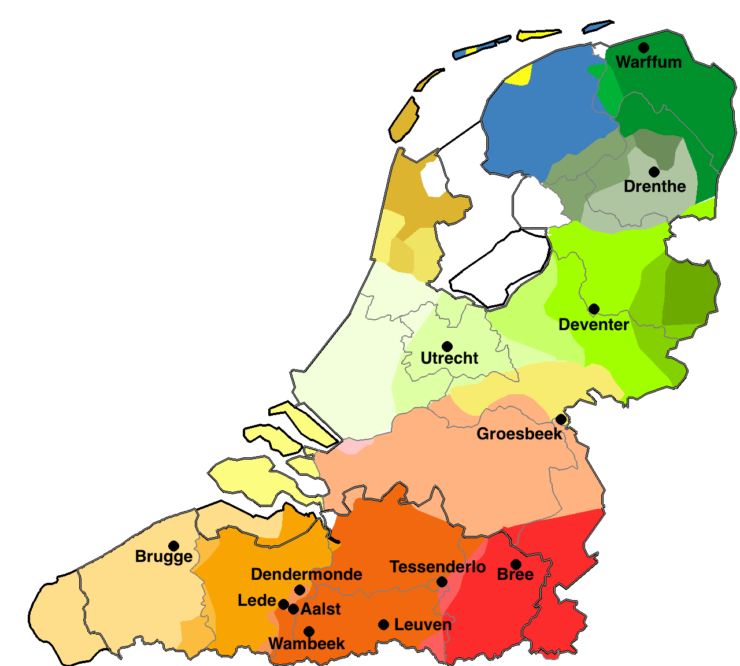
Dutch Dialect Idioms database
The ‘Dutch Dialect Idioms’ database is an online database of idioms in 13 Dutch dialects, publicly accessible and easily searchable.

CDH Workshop: Entry level course Python in four days for humanities staff
This entry level course in Python consists of four hands-on training days on Tuesdays starting 4 April 2023. The course will be provided by the scientific developers of the Digital Humanities Lab. This beginners course is designed for humanities teachers and researchers who want to learn the foundations of Python in order to write simple
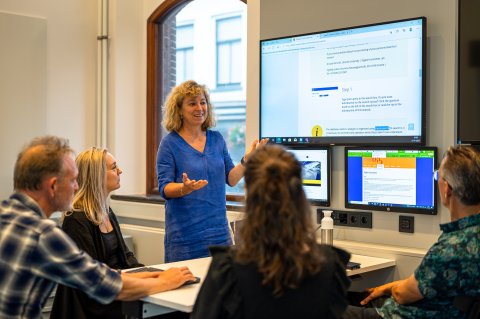
From 2023 the Digital Humanities Walk-in Hours move to Thursdays
From January 2023, the Digital Humanities Walk-in Hours will shift from Wednesdays to Thursdays. The time from 14:00 to 15:00 hrs will remain the same. All humanities staff and students are welcome to visit the Digital Humanities Walk-in Hours for face-to-face advice about all kinds of questions related to research data, digital humanities software, Python, statistics and
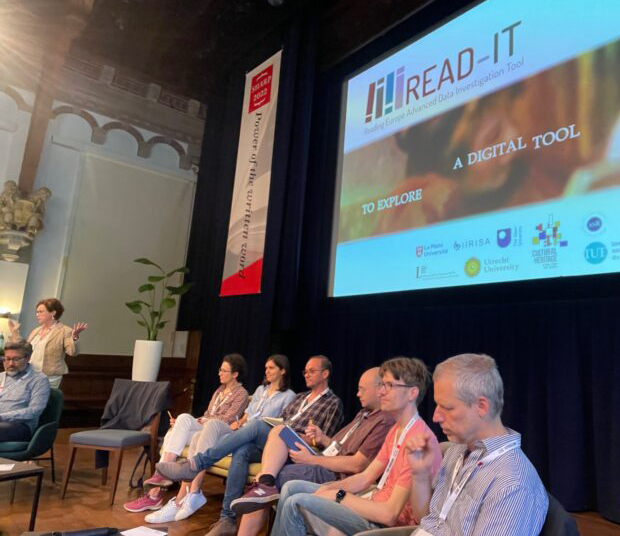
Digital Humanities Lab presents READ-IT tool with international partners
At the SHARP Conference 2022, the Digital Humanities Lab (DHLab) recently presented the results of the international READ-IT project. With the Horizon2020 grant of 250,000 euros the DHLab built an advanced interface for this project. READ-IT (Reading Europe Advanced Investigation Tool) is a large-scale study of reading culture in Europe from the 18th century to
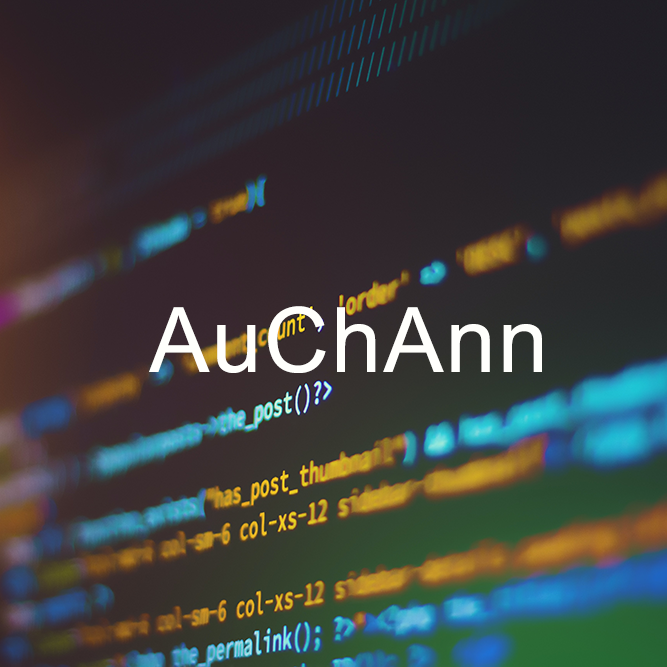
Digital Humanities Lab launches AuChAnn
The Digital Humanities Lab (DHLab) recently launched AuChAnn, the Automatic CHAT Annotation tool. AuChAnn is a python library that can read a Dutch transcript and interpretation pair and generate a fitting CHAT annotation. Scientific developers Sheean Spoel and Mees van Stiphout of the DHLab developed AuChAnn in collaboration with Frank Wijnen, Professor of psycholinguistics at
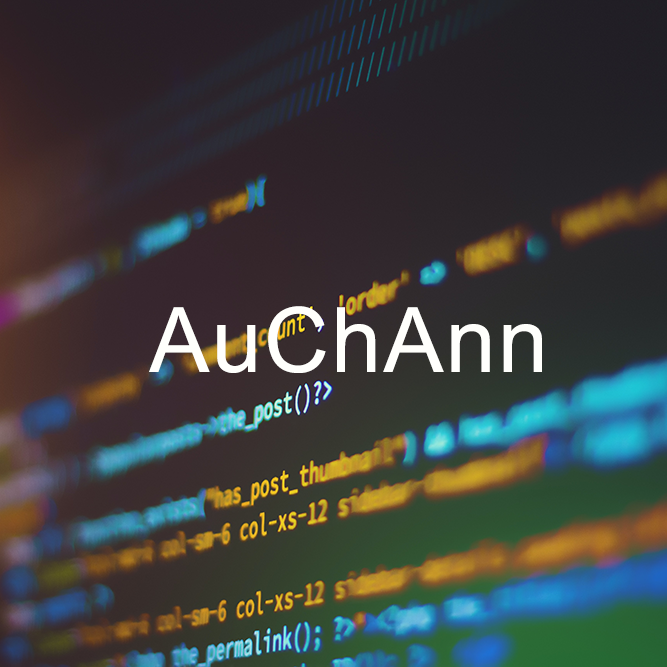
Automatic CHAT Annotation Tool (AuChAnn)
AuChAnn – Automatic CHAT Annotation tool – is a python library that can read a Dutch transcript and interpretation pair and generate a fitting CHAT annotation.
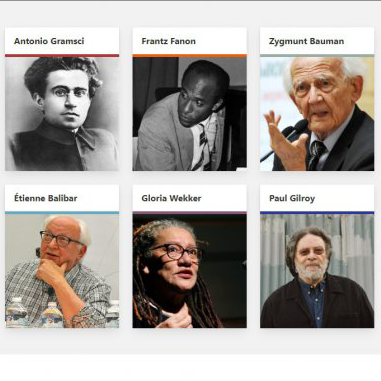
Digital Atlas of Postcolonial Europe
The Digital Atlas of Postcolonial Europe project visualizes the connections of the lives, works, and legacies of prominent postcolonial intellectuals in Europe.

